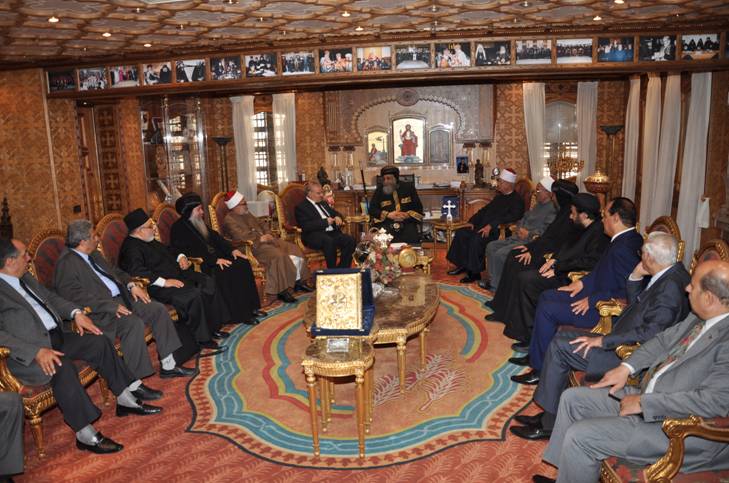The first hearing for a lawsuit challenging the legitimacy of the referendum on the draft constitution was scheduled for Tuesday at the Tanta Administrative Court.
Lawyer Hamdy Al-Fakharany filed the suit a week ago calling for the postponing the announcement of the referendum results. Al-Fakharany claimed the referendum was void as it deprived almost 70 percent of eligible voters from casting their ballots.
“The problem lies within the formation of the polling stations,” Al-Fakharany said. He stated that due to the boycott of the referendum by a number of judges, the Supreme Electoral Committee (SEC) allocated a ballot box for at least 4,000 voters. The SEC also left the polling stations open for 15 hours; they opened at 8 am and closed at 11 pm. “If each voter spends one minute within the polling station, then only 900 would get the chance to vote.”
Inside the polling station, the voter first submitted their ID card to the judge. The station judge then located the voter’s name and recorded that they voted. The voter then picked up a ballot and marked their vote behind a curtain. After this, they returned to the judge to put their ballot in the box and reclaimed their ID card. Finally, their finger was marked with phosphoric ink as proof that they voted.
Al-Fakharany claimed that this formation was aimed at eliminating all voters likely to reject the referendum. He stated that those voting “Yes” arrived at the polling stations early morning and thus got the chance to vote before anybody else arrived.
“The timings also put restraints on many women,” Al-Fakharany said. He claimed that most women wouldn’t be comfortable with staying in the streets till 11 pm in order to cast their votes.
“In light of the shortage in judges willing to supervise the referendum, the SEC should have held it over a period of five rounds instead of just two,” Al-Fakharany said.
This is not the only lawsuit challenging the referendum. Former presidential candidate Khaled Ali filed a lawsuit last week demanding the constitutional referendum be halted. The final draft of the constitution was neither printed in the official gazette nor included in the ballots. Accordingly, the lawsuit argues, the public doesn’t know what they are voting on.


